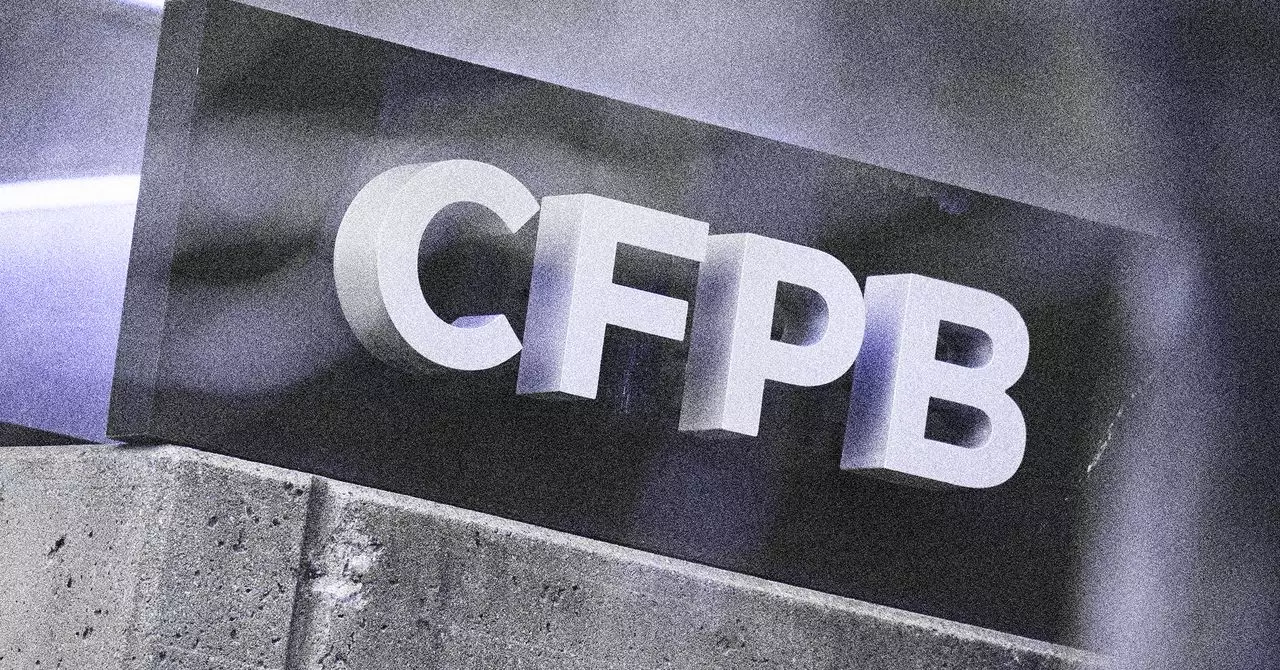This past week, the Consumer Financial Protection Bureau (CFPB) found itself engulfed in a dramatic showdown when over 1,400 employees faced the imminent threat of layoffs. With the odds stacked against them, a timely intervention by federal Judge Amy Berman Jackson temporarily halted these layoffs, allowing crucial agency operations to continue. The ruling underscores not just the precarious nature of the CFPB’s existence, but highlights the steadfast commitment to consumer protection that it embodies.
Judge Jackson’s order means that the agency, initially set to release nearly 90 percent of its workforce, will retain its personnel for at least another week while a thorough examination of the layoff procedures is conducted. The rapid-fire developments—culminating in a hearing set for April 28—underscore how the agency has become a battleground for ideological warfare between consumer advocates and conservative forces aiming to diminish its power.
The CFPB: A Shield for Consumers
Established in 2010 in the wake of the financial crisis, the CFPB has been instrumental in protecting consumers from predatory practices prevalent in the financial sector. By addressing issues like discriminatory lending, exorbitant fees, and deceptive scams, the Bureau has established itself as a crucial safeguard for everyday Americans. As the dust settles on the recent turmoil, it is imperative to remember the fundamental purpose the CFPB serves: it empowers consumers against giant corporations that often overlook ethical standards in their pursuit of profit.
Yet, its very existence has become a point of contention. Advocates for limited government and reduced regulation argue that the CFPB’s oversight stifles businesses and hampers economic growth. However, the reality is that a robust regulatory framework is not just beneficial but essential for fair competition and economic stability. The agency’s critics risk relegating ordinary citizens to the whims of powerful financial institutions, illustrating a dangerous disregard for the common good.
The Fallout from Layoff Plans
The recent turmoil isn’t merely about personnel; it’s indicative of a larger tug-of-war over the CFPB’s role in the financial landscape. As reported, certain critical cases, such as those involving medical debt and student loans, have been deprioritized, signaling a possible shift in the agency’s mission under pressure from powerful corporate interests. This drastic reassessment of priorities raises serious concerns about the effectiveness and independence of the CFPB should the layoffs proceed as initially planned.
Adding to this climate of uncertainty are accusations leveled at Gavin Kliger from Trump’s Department of Government Efficiency, who allegedly pressured his team to expedite layoff notifications without due diligence. These claims reflect an unsettling trend within the administration: prioritizing expedience over fair process, thus risking the integrity of the agency’s mission to protect consumers.
The Role of Advocacy and Collective Resistance
The pushback from the National Treasury Employees Union, representing a portion of the CFPB workforce, exemplifies a critical component in shaping the outcome of this challenge. Legal action was taken in February in a bid to stop the layoffs, emphasizing the vital role that unions and worker advocacy groups play in defending not just jobs, but the underlying principles that govern the agency’s operations. Collective resistance against restrictive policies, fueled by the resolve of devoted employees and consumer advocates, is essential for preserving the CFPB’s mission.
As hearings move forward, and as appeals potentially challenge Jackson’s ruling, a spotlight will remain on the CFPB and its capacity to perform essential duties. The stakes couldn’t be higher, as this situation risks turning into a case study on the delicate balance of power between political agendas and institutional integrity.
Future Implications for Consumer Rights
In the grand scheme, the outcome of this unfolding drama will shape the future landscape of consumer rights in America. Should the agency emerge beleaguered and diminished, the vulnerabilities of consumers will increase. With corporations increasingly sharpening their focus on profit margins, any erosion of the CFPB’s oversight would likely disproportionately affect already disadvantaged groups.
Conversely, the resilience displayed by the CFPB employees in the face of adversity brings a sense of hope for the future of consumer advocacy. It illustrates that at the center of this debate are not just statistics or agency budgets, but real people who rely on the protections afforded by this pivotal entity. The fate of the CFPB, and by extension the safety of millions of consumers, hangs in a fragile balance, making every day a crucial turning point in this ongoing struggle for consumer rights and protections.

